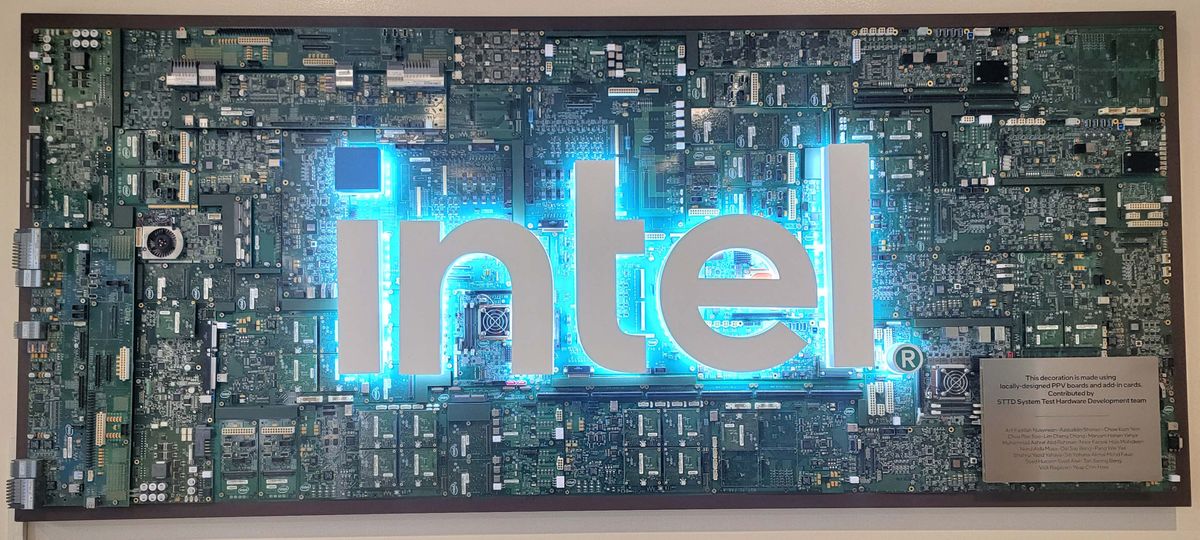- Thread Starter
- #26
Hi Jose !
Always good to read your posts.
It follows from your post in this way.
We're both talking about compatibility. You're emphasizing x86 compatibility. I'm emphasizing amd64 vs x86-64 compatibility.
- The X86S whitepaper purposely omits any mention of AMD.
- You rightly point out AMD's contribution to the story (thank you).
- Now that AMD is part of the conversation, I'm making a prediction as to how AMD might respond to the adoption of X86S.
Put another way - Intel adopting amd64 into their processors marked the end of a battle, not the war. What followed were competing enhanced instruction sets and special VMM register bits. amd64 and x86-64 are compatible to a point. My cynicism comes from code fragments in FreeBSD like this:

freebsd-src/sys/amd64/vmm/vmm.c at 9cc67e43610e34a692398a65adcc5e8846e84250 · freebsd/freebsd-src
The FreeBSD src tree publish-only repository. Experimenting with 'simple' pull requests.... - freebsd/freebsd-srcgithub.com
It would be nice if x86s reduced the amount of "if (amd) {} else if (intel) {}" logic. We'll see.
I should add, I'm not trying to cast shade on AMD or Intel. They are for-profit corporations doing what they think best. I expect this competition to result in new bits of if/else logic in the FreeBSD kernel. It is what it is.
Regards.

Intel and AMD form advisory group to reshape x86 ISA
Linus Torvalds, Broadcom, Dell, HPE, and Lenovo on the list


